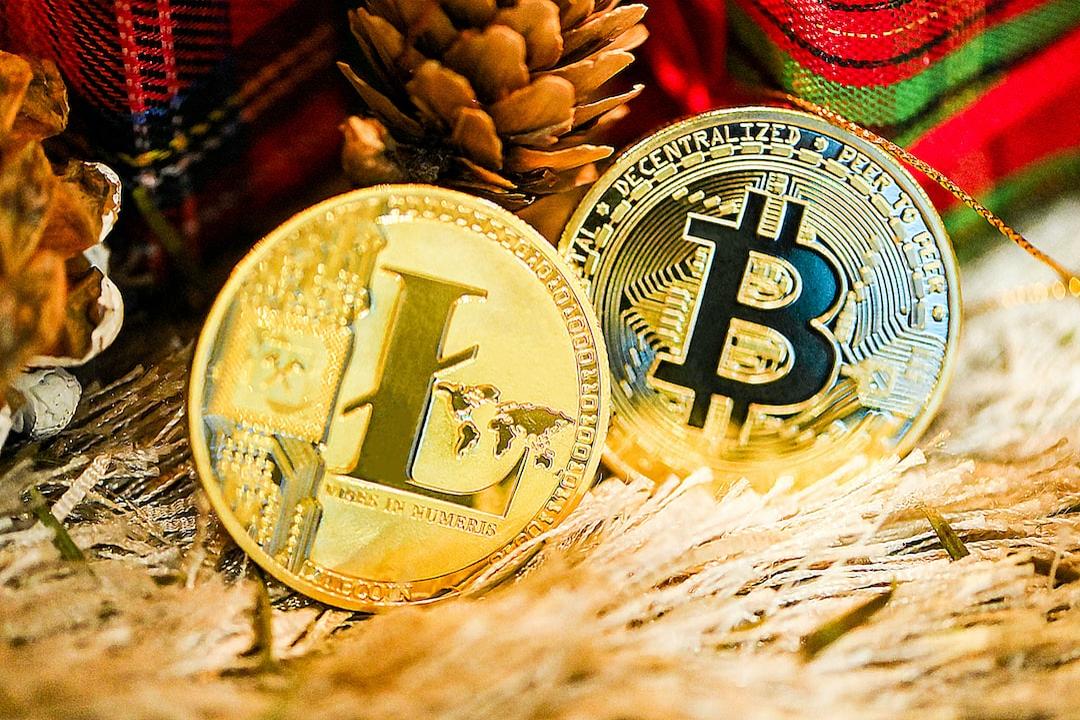Several Nigerian fintech platforms have cautioned their users against conducting cryptocurrency transactions through their accounts, warning that they may face severe penalties. Moniepoint, PalmPay, and Paga, all prominent fintech firms in Nigeria, have informed their customers that their accounts will be blocked if they engage in crypto transactions. This move comes after the Central Bank of Nigeria (CBN) instructed certain banks, including Moniepoint, to stop accepting new customers.
In a notification issued on May 2, 2024, Moniepoint stated that this decision marks a reversal of the CBN’s previous announcement to lift the ban on cryptocurrencies that was imposed in 2021. The CBN circular, which was issued in December 2023, directed financial institutions to assist with account opening, provide settlement services, and act as intermediaries for companies involved in crypto asset transactions.
The December circular also stated that it supersedes previous circulars from 2017 and 2021, which prohibited banks and other financial institutions from operating accounts for cryptocurrency service providers.
A PalmPay customer, who is also a user of One X, reported that their account had been frozen and would only be unfrozen if they agreed to sign an agreement stating that they would refrain from engaging in crypto transactions.
Paga also sent an email to its customers, assuring them that it is licensed by the CBN and is committed to complying with all regulations. The circular mentioned by Paga dates back to 2017 and warns banks and financial institutions about their dealings with crypto exchanges and customers involved in cryptocurrency transactions.
The CBN previously denied reports claiming that it had issued a directive requiring banks and financial institutions to identify individuals or entities conducting transactions with crypto exchanges and to place such accounts on a “Post No Debit” instruction, which restricts certain transactions for six months. The circular also stated that regulated financial institutions engaged in crypto activities or facilitating payments for crypto exchanges are prohibited.
Cointelegraph reached out to Moniepoint for comments on the matter but did not receive a response at the time of publication.
Magazine:
68% of Runes are in the red — Are they really an upgrade for Bitcoin?

